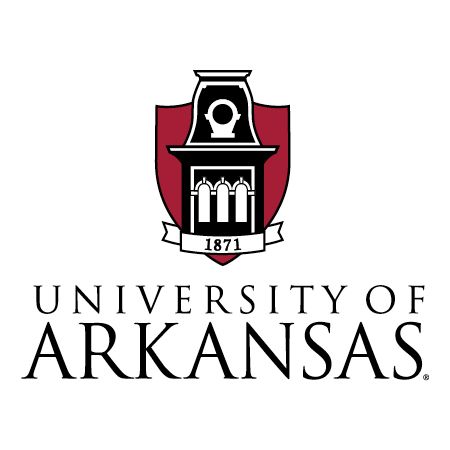FAYETTEVILLE, Ark. – The Office of Research and Sponsored Programs would like to remind the campus community that recent changes in the National Science Foundation’s FastLane grant proposal review process will require proposals to be submitted to the office well in advance of NSF’s deadlines.
Beginning today, Monday, Jan. 26, the NSF implemented changes to support a revised version of its Proposal and Award Policies and Procedures Guide. These changes require additional compliance checks on proposals; FastLane is now running 24 additional automated compliance checks on proposals to ensure they comply with the requirements outlined in the guide.
These checks will validate a proposal for compliance with page count, proposal sections per type of funding mechanism, and budget-related rules. Click here to view a detailed list of all compliance checks.
Jennifer Taylor, assistant vice provost for research and sponsored programs, said proposals will not be able to be submitted to the NSF if they do not meet the additional automated compliance checks.
“These new compliance checks have implications for those who sometimes wait to submit a proposal right at the deadline,” Taylor said. “We get a fair number of proposals at the last minute – and of course we understand that investigators are very busy and often need as much time as possible. Unfortunately, with the new NSF automated checks within FastLane, if we receive proposals so close to the deadline, we may not have an adequate amount of time to review those proposals for the errors that would result in automatic rejection by NSF.”
There would also not be sufficient time for investigators to make the necessary corrections that would allow their proposal to be accepted by the NSF for review, Taylor said.
“We have outstanding research going on at the University of Arkansas, and we want our investigators to be as successful as possible in being awarded NSF grants for their projects – and part of that is ensuring that they have the opportunity to be fully reviewed,” she said.
Contacts
Jennifer Taylor, assistant vice provost for research and sponsored programs
Academic Affairs
479-575-2254,
